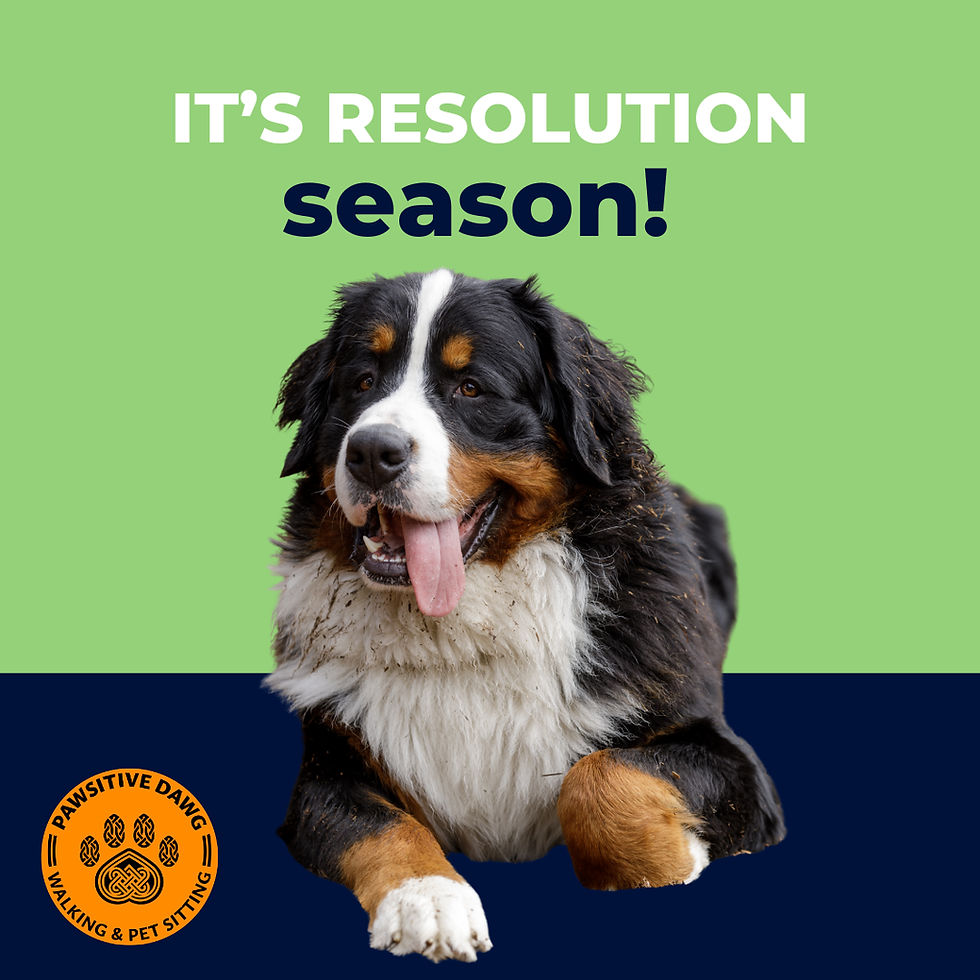The Great Pumpkin Debate: Decoding the Myths and Truths About Feeding Pumpkins to Your Pet
- The Pawsitive Dawg Walking and Pet Sitting Team

- Oct 28, 2024
- 3 min read

The Great Pumpkin Debate: Decoding the Myths and Truths About Feeding Pumpkins to Your Pet
As the fall season rolls in, many pet parents turn to pumpkin as a seasonal treat for their furry friends. You’ve likely heard that pumpkin can offer health benefits for pets, but with so much conflicting information floating around, it’s hard to know what’s best for your companion. Is pumpkin truly a superfood for pets, or could it pose hidden risks?
In this blog, we'll explore the nutritional benefits and potential risks of feeding pumpkin to your pet, but always speak with your Vet or a Vet nutritionist so you can make informed decisions for their diet and well-being.
Nutritional Value of Pumpkin: More Than a Seasonal Treat
Pumpkin is a rich source of fiber, which can support digestion by helping to regulate bowel movements and alleviate constipation or diarrhea in some pets. It's also packed with essential vitamins and minerals like Vitamin A, Vitamin C, potassium, and iron, contributing to overall health. For pets struggling with weight management, pumpkin’s low-calorie content makes it an appealing snack that can help them feel full without overeating. However, it’s important to note that the nutritional needs of dogs and cats are quite different, and what works for one might not be as beneficial for the other.
Risks to Consider: Not All Pumpkin Is Pet-Friendly
While pumpkin may seem harmless, there are a few potential risks to be mindful of. Feeding raw or improperly prepared pumpkin can lead to digestive upset, causing symptoms like diarrhea, vomiting, or bloating. The seeds, when not properly cleaned and prepared, can present choking hazards, especially for smaller pets. Additionally, if your pet is on medication, pumpkin could interact with their treatment, particularly when it comes to insulin or medications for diabetic pets due to its carbohydrate content.
Safe Preparation Methods: Keep It Simple and Cooked
To maximize the benefits while minimizing risks, it’s essential to prepare pumpkin safely. Always remove the seeds and rind, as these can be difficult for pets to digest. Cook the pumpkin thoroughly to soften it, whether by roasting, steaming, or boiling, and ensure it’s plain—avoid adding any seasonings, especially salt, sugar, or spices like nutmeg, which are toxic to pets.
Gradually introduce pumpkin into your pet’s diet, starting with small amounts. This allows you to monitor how well they tolerate it and prevent any digestive upset.
Species-Specific Considerations: Dogs vs. Cats
Dogs tend to tolerate pumpkin better than cats, making it a more popular option for our canine companions. For dogs, pumpkin can help with digestive issues and act as a filler in weight management diets. A teaspoon or two mixed with their regular food can go a long way.
For cats, on the other hand, pumpkin should be offered with greater caution. Cats are obligate carnivores, meaning they require animal-based proteins to thrive, so pumpkin should never replace their primary food source. If your cat has digestive issues, a small amount of pumpkin might help, but always consult your veterinarian before making it a regular part of their diet.
Always in Moderation: A Little Goes a Long Way
While pumpkin can be a healthy addition to your pet’s diet, moderation is key. Overfeeding can lead to digestive issues, including diarrhea and nutrient imbalances. As with any new food, start small and pay attention to how your pet reacts. If they enjoy the taste and tolerate it well, you can occasionally offer it as a treat or dietary supplement.
Conclusion
Pumpkin can be a great seasonal addition to your pet’s diet, offering digestive benefits, weight management support, and a tasty, low-calorie treat. However, it’s important to be aware of the potential risks and always prepare it safely. By following these guidelines, you can enjoy the fall season with your furry friend while keeping their health and happiness a top priority.
Remember, every pet is different, so it’s always best to consult with your veterinarian before introducing new foods into their diet. Happy fall, and happy pumpkin season!








Comments